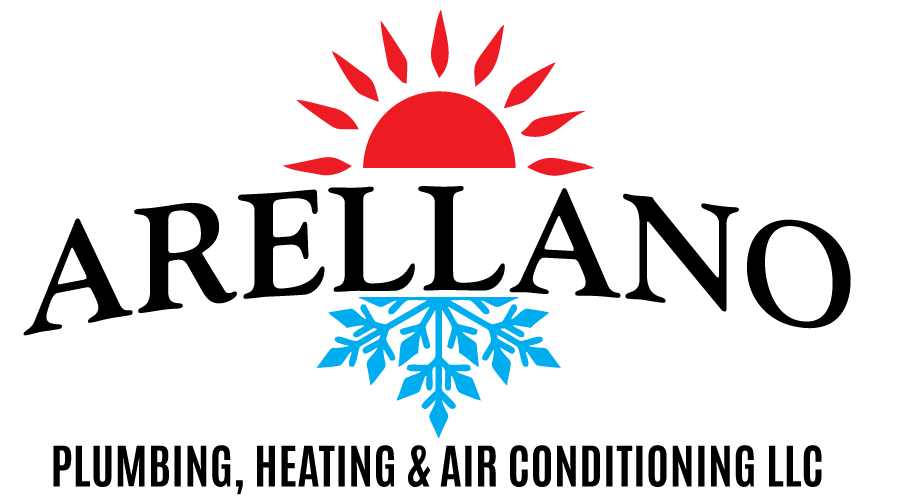The Winter season brings unique challenges for your plumbing system due to the cold weather. Frozen pipes, clogged kitchen drains, water heater failure, and outdoor damage are just a few of the common problems that come about during this time of year. Keep reading to learn more about these potential problems and how you can avoid them all together.
Frozen Pipes
One of the most obvious problems that tends to arise in the cold weather months of winter is frozen pipes. When a pipe freezes and the water inside of becomes ice, it causes a major blockage for new water to come through. The pressure of the back up can lead to disastrous pipe burst. Depending on the damage, a pipe burst can end up costing thousands of dollars to repair. The best way to prevent pipes from freezing over is to simply keep your thermostat above 55 degrees fahrenheit. You probably have your thermostat set much higher than 55 degrees when you’re home in the winter. However, many people turn their heat off when they go away for a few days in hopes of saving money. If you choose to turn off your heat for a few days it’s likely your pipes will freeze and potentially cost you much more money in repairs than it would have cost to leave the heating on while you were away.
Water Heater Failure
Water heaters work the hardest in the winter. This being said, appliances like this tend to break down when they’re working their hardest, so it’s no shock there’s a rise in water heater failures during the winter months! The simplest way to avoid any kind of water heater failure is to insulate around the heater. To explain it simply, water heaters have to work harder when it’s cold outside to heat water, if you place insulation around and near the water heater it will help keep the warmth in and around the water heater. This will help take some of the work away from the water heater itself. While this doesn’t guarantee your water heater won’t fail at some point during the winter, it’s worth trying out.
Outdoor Drain Damage
Outdoor drain damage can happen for a multitude of reasons, but during winter specifically, the most common cause is when temperatures reach below freezing and water freezes around and on top of the drain. Leaves and left over debris from the fall can also block the drain off from water properly making its way through. Any blockage of these kinds can lead to damage on the pipe itself, or flooding to your basement. The best way to prevent drain damage is to keep an eye on it. Clean up any debris and leaves from nearby trees, remove trash and dirt from around the drain, and frequently take a look inside the drain to see if there’s freestanding water. It’s better to catch the problem early on before it causes damage to your home, and hundreds of dollars in repairs
